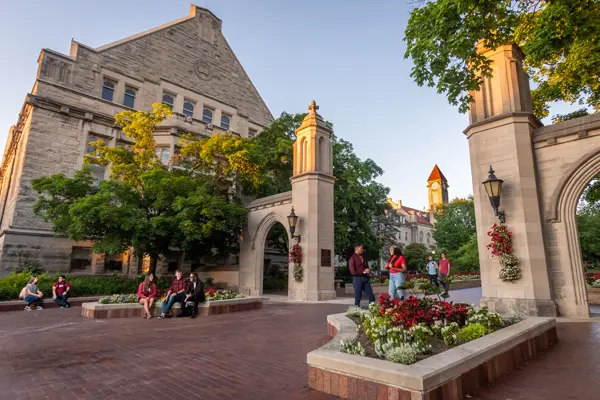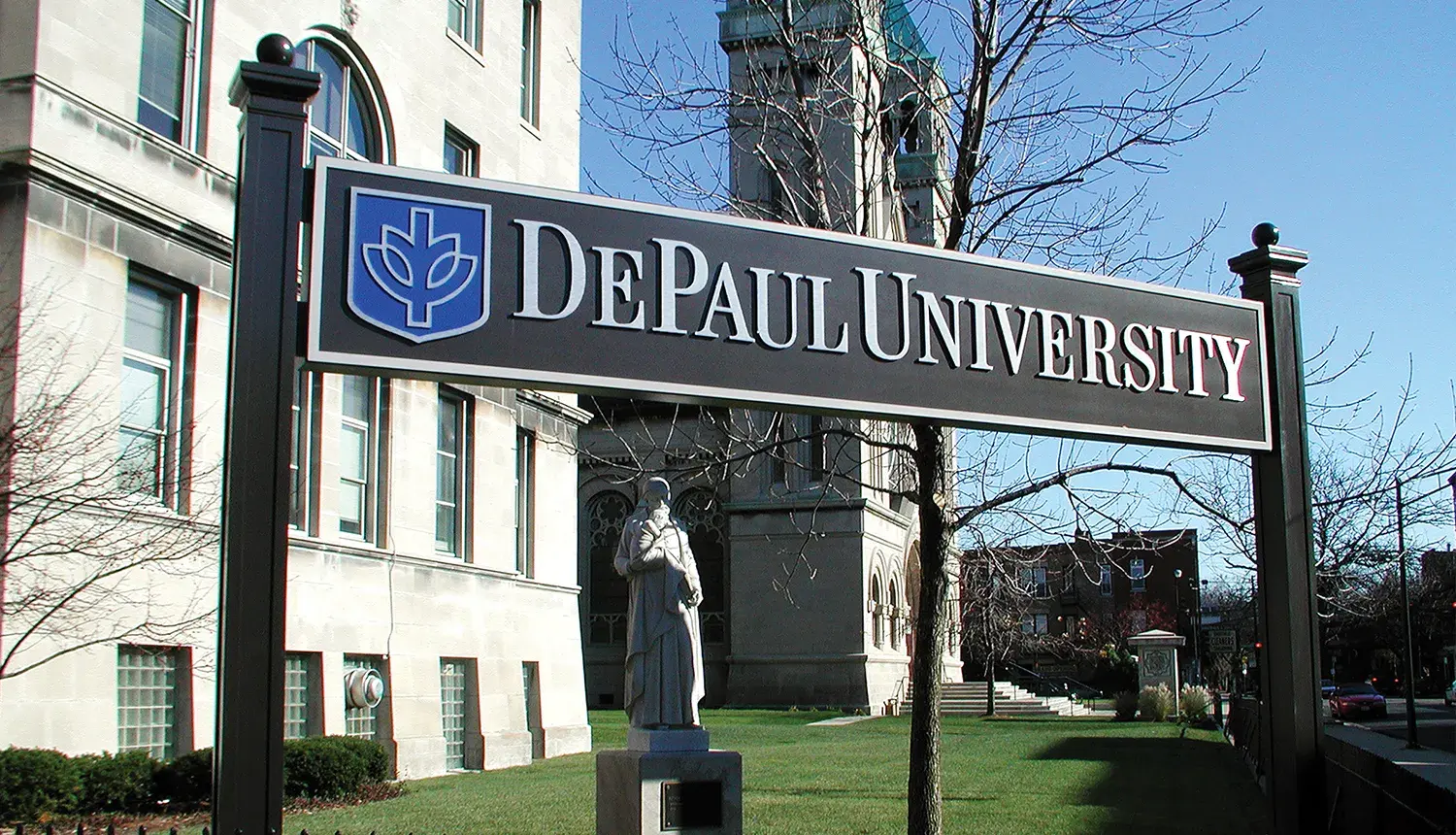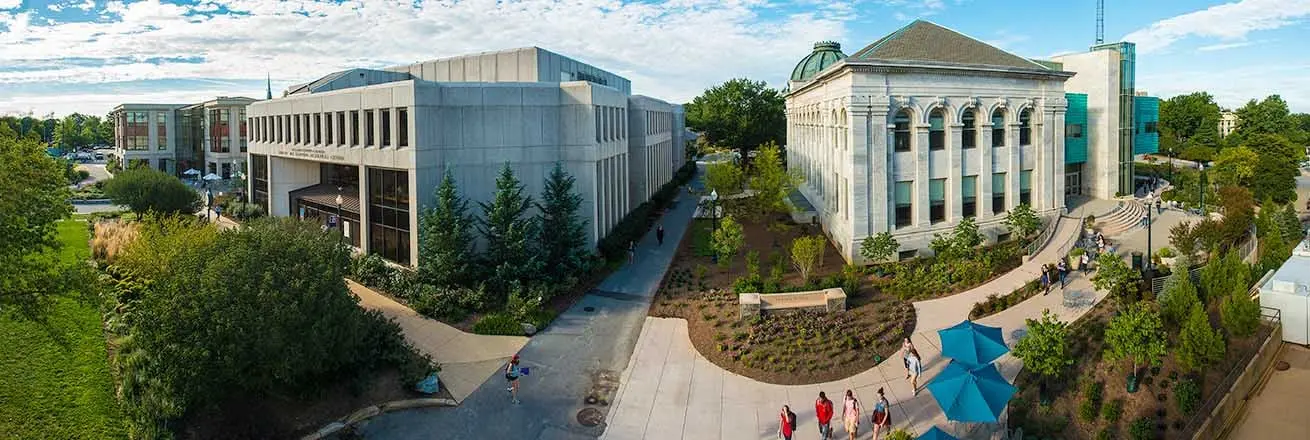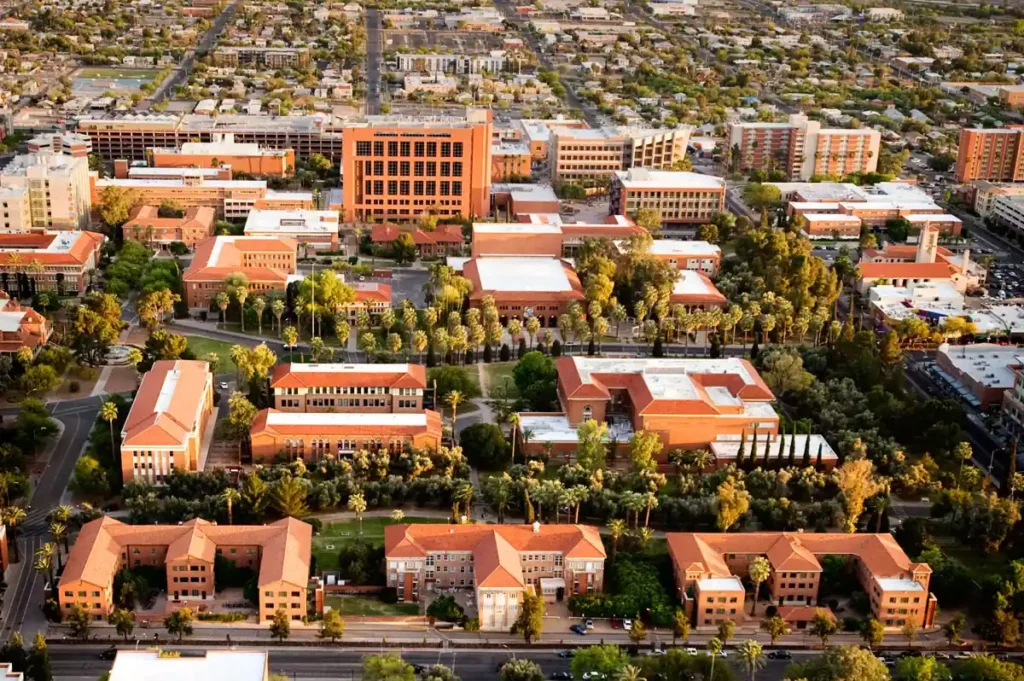Families searching for colleges that still have applications open want to know where they can still apply. Schools like the University of Arizona, Michigan State University, and Penn State accept applications in the spring.
At CollegeCommit, we help parents and students act on these late options and strengthen every application so deadlines don’t mean missed chances.
Table of Contents
ToggleKey Takeaways
-
- Many colleges are still accepting applications after January deadlines, including public schools with rolling admissions and private universities with later dates.
-
- Selective schools like the Ivy League and Top 20 rarely take late files, so families should look at other strong options or transfer paths.
-
- Deadlines often cluster around January 15, February 1, and March–April. NACAC shares an updated list of colleges with late applications after May 1.
-
- Late applications must include transcripts, letters of recommendation, and essays on time, with care given to financial aid.
-
- Parents help most by moving fast, setting goals, and working with admissions experts to strengthen chances.
What Colleges Are Still Accepting Applications?
Students often ask: What colleges can I still apply to? Several schools stay open past January. For example, the University of Oregon, the University of Colorado Boulder, and American University review applications in the spring.
Families should know that colleges that are still accepting applications still expect strong files. A complete and polished package – not a rushed one – is what matters most.
Colleges with Late Application Deadlines
Some universities keep reviewing files into the spring. Students can still apply to colleges with late application deadlines, but seats and aid may be limited.
Sample Colleges with Late Application Deadlines
Admissions Snapshot
- Use this as a starting point, not a full list.
- Check each school’s admissions page for updates.
- Apply early to improve access to financial aid and housing.
How Late Is Too Late for College Applications?
While many deadlines close in January, some schools extend into March or April. NACAC also posts a list of colleges with late applications in May.
Still, waiting is risky. Each week lost means fewer spots, less aid, and tighter choices.
Rolling Admission Schools Still Open
Many colleges with rolling admissions keep files open until classes are full. Examples include Indiana University Bloomington, Rutgers University, and the University of Alabama, which review applications well into spring. Students who apply sooner have better chances for admission and housing.
These schools still offer financial aid, but earlier applicants get first choice. Submitting sooner means more options stay available.

Important Note on Highly Selective Universities
Families should know that Ivy League and Top 20 universities rarely accept late applications. They depend on Early Decision, Early Action, and Regular Decision deadline cycles. Once these pass, late files are not reviewed.
Still, families can look at transfer routes or other strong schools with later options. CollegeCommit helps parents consider these paths while keeping long-term goals in mind.
Regional and Specialized Options
Students often ask: Which university is still open for the 2025 application? Many universities still accept applications, including regional and specialized programs.
Schools like DePaul University, Northeastern University’s regional campuses, and Arizona State University’s online programs often extend into spring. These schools offer later access for certain majors or regional needs. Families should always confirm details on the admissions page before applying.

Colleges Still Accepting Transfer Applications
Many colleges still accept applications for review of transfers past freshman deadlines. Schools such as the University of Maryland, the University of Central Florida, and Loyola University Chicago stay open into late spring or summer. Rolling schools like Arizona State University also provide flexibility for transfers.
Families should confirm how credits will transfer and if the move supports academic and social goals. Talking with an admissions officer can help clarify fit and housing.
Quick Reference: Typical Deadline Timeline
Families managing many applications can follow this simple guide:
-
- January 15 – Many schools close for Regular Decision.
-
- February 1 – Select schools remain open with priority deadline dates.
-
- March–April – Colleges with late deadlines or rolling admissions still review.
-
- May 1 and beyond – NACAC colleges still accepting applications post new openings.
Applying earlier helps secure financial aid and housing.
Timing and Deadlines
Are colleges still accepting applications? Some extend to February 1, while others go into March or April.
Colleges with an earlier deadline often reward students who apply first, making quick action key.
Colleges with Feb 1 Deadline
Several colleges with a Feb 1 deadline still welcome files into early spring. Examples include the University of Texas at Austin, Southern Methodist University (SMU), and Syracuse University, all of which close on February 1 for many programs.
Families need to track each priority deadline carefully and submit on time. Meeting these dates keeps students eligible for financial aid and scholarships.
Best Colleges Still Accepting Applications
Options include American University, Baylor University, and the University of Massachusetts Amherst, which keep deadlines open into spring. Public choices like the University of Minnesota Twin Cities and Michigan State University also stay open later.
The best school depends on fit. Academic programs, graduation outcomes, and student experience should guide the choice. CollegeCommit helps families weigh these factors when exploring late options.

Building a Strong College Admission Profile
Late applicants need a solid file. A strong college admission package has polished essays, guided by college admission essay coaching, good SAT or ACT score results, and strong senior year grades.
Parents should push students to highlight extracurricular impact, not just activities.
Strengthening a Late Application
To compete, families should:
-
- Send all required items, like letters of recommendation, on time.
-
- Make sure transcripts from the high school arrive quickly.
-
- Confirm if SAT or ACT scores are optional.
-
- Explore college acceptance prep resources and apply for financial aid early.
What This Means for Parents
Parents guiding students through late applications must act fast. Transcripts, letters of recommendation, and test results should be ready early.
Families also need to be realistic. While some colleges with late deadlines are good options, the most selective routes close after Early Decision and Regular Decision. Working with CollegeCommit gives families a plan.
At CollegeCommit, we don’t just advise – we engineer your child’s admissions edge. Every file is built to be competitive, even late in the cycle.
Final Steps to Secure Admission
Families should check each school’s application deadlines, complete the required admission forms for colleges, and send all documents.
Quick action protects access to housing, aid, and scholarships. Our experts keep files strong even under pressure.
Key Support from CollegeCommit
At CollegeCommit, we bring 20+ years of experience to every student. Our advisors include former admissions officers and Ivy League graduates who know the late-application process.
We work 100% remotely, guiding families nationwide with proven methods. Typical support ranges from $5,000–$12,000 for younger students and up to $15,000–$30,000 for juniors and seniors seeking full-cycle help.
Ready to Transform Uncertainty into Opportunity?
Join our upcoming cohort at CollegeCommit:
Where Preparation Becomes Placement.
Schedule your free private call today.


